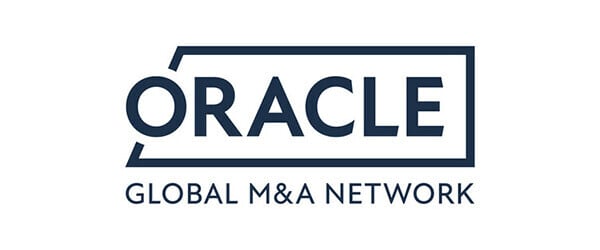
posted 1st February 2024
Acquisitions and mergers are an efficient way to expedite your business’s growth. By purchasing an existing company, you can expand your service range, gain an established client base, and avoid the costs associated with setting up new ventures.
Seeking advice from experts is highly recommended as they help you circumvent the pitfalls involved when acquiring another company. Before reaching out, there are several things you could do to set yourself up for a smoother acquisition process.
Consider the costs of acquisition
Firstly, you need to consider the cost of buying a business and evaluate if your organisation is financially stable enough for it. Corporate mergers and acquisitions typically take a few months but can take longer depending on the situation, which is why it is imperative to remain solvent in the meantime.
You should then establish the maximum price you are willing to pay to acquire your target. Creating a budget for your legal fees, financial checks and due diligence costs is also highly advisable.
Once you have a clear understanding of your financial position, you can evaluate whether you need to secure additional financing to fund the transaction.
Defining your objectives
Next you need to specify what you want to achieve through acquiring a company and evaluate how it helps you achieve your business goals.
A typical goal for an acquisition could be to increase your profit margin by streamlining your operations. Clear and well-defined objectives like this are the cornerstone of any acquisition strategy as they direct the entire process; from selecting the appropriate strategy through to your final negotiations.
Selecting your acquisition strategy
There are a few main types of business acquisition strategies: horizontal, vertical, concentric, and conglomerate. Most strategies aim to increase your market share, profitability, and efficiency but ultimately depend on your specific goals.
Take a peek 'Behind the Deal' to discover why some businesses have chosen to acquire.
Each strategy also has unique advantages that directly relate to the businesses they target. Selecting the optimal strategy will help steer you toward your goals, narrow your target pool, and give your acquisition direction.
Horizontal
Horizontal acquisitions increase your market share by eliminating your competition. In this strategy, you identify and buy organisations that operate in the same market that you do. Uniting competing businesses allows you to occupy a much larger market share and pool your resources to cut costs.
Vertical
Acquiring a business that operates along your supply chain can be a fantastic way to streamline your operations and reduce your production costs in the long term. Through vertical acquisition, you can limit your reliance on external suppliers, gain more control over your supply chain and reduce manufacturing time.
The main appeal of this approach is that you can bypass the hurdles associated with setting up in-house facilities. You’ll also acquire an organisation with established revenue streams and facilities and operations in place.
Concentric
Companies that operate in the same industry but provide different services, can diversify their offering through a concentric acquisition. Typically, the companies won’t be in direct competition but will have common interests such as similar production methods, technology, or distribution channels. For example, a business providing glass packaging solutions might acquire a business that provides bags or boxes as packaging solutions to expand its service offering.
Creating synergy between the companies is particularly important for this strategy, as sharing resources cuts overheads and allows for greater profit margins. Ultimately, the main objective is to diversify your offering quickly and occupy a larger market share.
Conglomerate
Although rare, businesses sometimes seek investment opportunities that allow them to expand into new markets or industries through a conglomerate acquisition. This strategy allows a business to gain access to an entirely new pool of customers for both businesses. Successful conglomerate acquisitions also reduce the risks of loss, as the better-performing services can compensate for declines in other areas.
Contact an acquisition specialist
After establishing your budget, creating your goals, and choosing an appropriate strategy, you should seek advice from business, legal and financial experts. Acquisitions have many moving parts, and it is vitally important to have the right advisors to guide you seamlessly through the many stages.

The GS Verde Group is specially equipped to help businesses navigate all areas of an acquisition. With experts in law, finance, tax and communications, our team can provide you with end-to-end support.
Our team has advised hundreds of successful acquisitions and can guide you through your acquisition journey too. Contact our team today for more information on how to acquire a new business.








